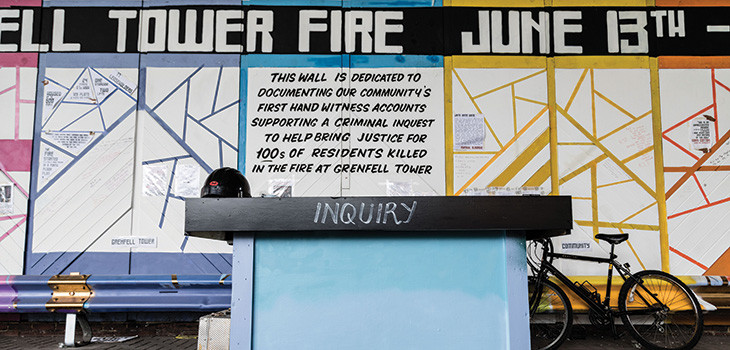
In recent years, a number of high-profile public inquiries have investigated serious failings by corporate bodies. To take four examples, the Independent Inquiry into Child Sexual Abuse (IICSA) sat between 2014 and 2022 and investigated responses to child sexual abuse by institutions in England and Wales. The Manchester Arena bombing inquiry sat between 2019 and 2023 and investigated multiple failures by various agencies, including police and security services. The Grenfell Tower inquiry, which has investigated multiple failings by corporate bodies, has been sitting since 2017. The COVID-19 inquiry, chaired by Baroness Hallett, commenced work last year and recently began hearings into the political response to the pandemic.
Public inquiries like these have the potential to achieve real change by improving responses to adverse events in the future, but only if the evidence of what went wrong is properly uncovered and scrutinised. Corporate bodies will inevitably seek to rebut criticism and justify actions taken. Evidence





.tmb-mov69x69.jpg?sfvrsn=961ae4db_1)
95ca96e3d47f4eff8d147c4f0df17c77.tmb-mov69x69.png?sfvrsn=3db5d86b_1)

